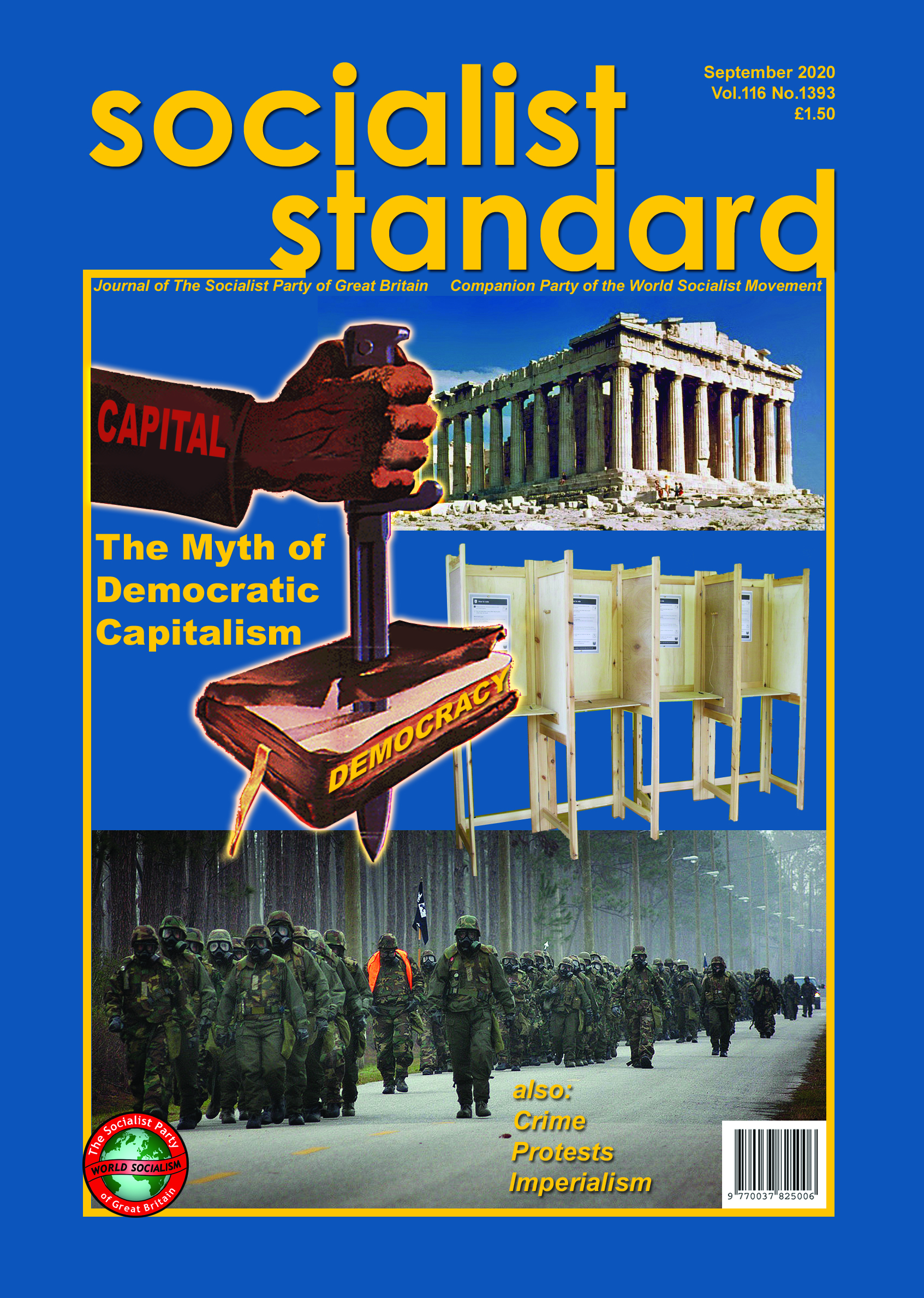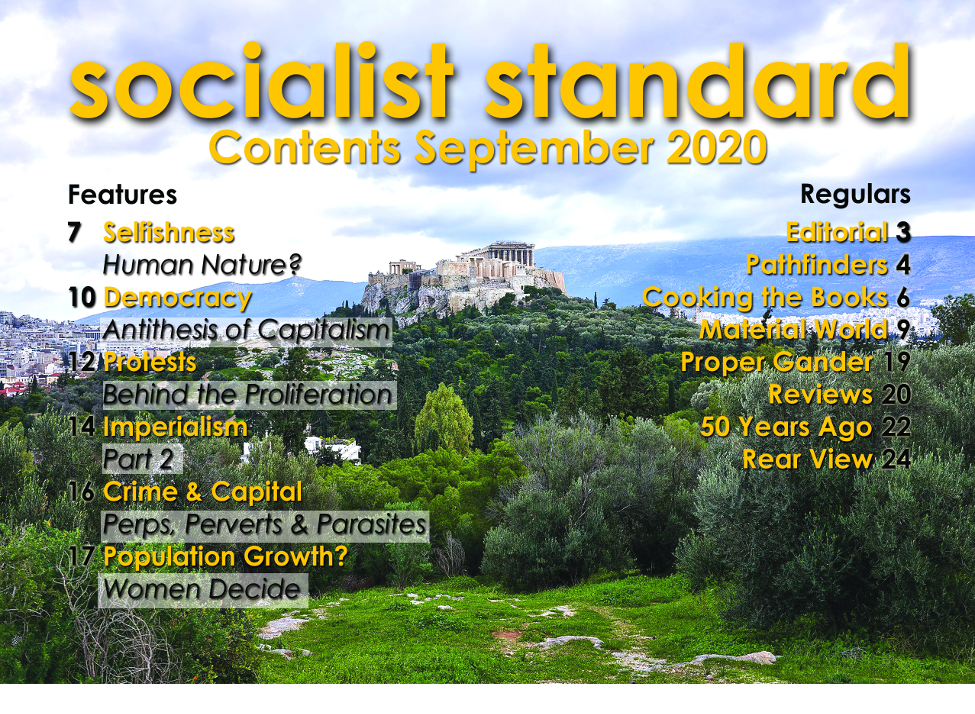The left wing has a lot of problems such as understanding how the system of capitalism operates. It is basically an economic system where such terms as profits, wages, exploitation, refer to economic phenomena.
Capitalist economics, the economics from the business and commerce point of view, is the economics that is taught in the schools and universities. It is the economics that is used by the media and government officials for propaganda purposes, etc. Consequently, business economics is the only one that the average person comes in contact with. Very few are familiar with Marxist economics. Since people are unfamiliar with socialist economics, they draw on the only economic information they are familiar with– the capitalist economic analysis, fraudulent ideas are smuggled into daily discourse by academic theoreticians who do not have the best of intentions.
In a capitalist society, however, where all the lands and the natural resources of the earth, and all the instruments of production and distribution (railroads, mines, factories, etc.) are already privately owned and controlled, Labour, the world’s true magic-maker, is shut off from the productive processes and from the power of producing a living, or of earning a living, except upon the terms laid down by the capitalist class.
This is true in spite of the fact that all the capital in all the world is incapable of producing one loaf of bread, one pair of shoes, one house, one suit of clothes. Not one wheel would ever turn productively, not one machine would ever operate, not one train would ever move without the hands and brains of labour.
Capital is utterly incapable of increasing itself. Unless he is able to filch the swag from some other capitalist who has exploited labour, the only way a capitalist may force his capital to multiply and bear the fruit of still more capital, is by the employment of labor. Without the hands and brains of labor, capital would remain forever stationary.
Capitalism brought an increasingly greater concentration of industrial production in factories and mills, with ownership concentrated in the hands of a small class of capitalists. Stripped of any means of survival other than the sale of their labour power; workers were forced to compete against each other, thereby enabling profit-hungry capitalists to drive down wages and force long hours and inhuman conditions on the masses of people. In this situation of wage-slavery, workers are bound to resist.
What has the rule of capitalist autocrats brought to us?
In a world, fertile enough to feed everybody, by their private ownership, and anarchistic control, they have given us underfed children, constant want, everlasting insecurity against hunger for the majority of the people.
The rule of capitalist anarchy has given us increasing unemployment and closed factories despite a desperate need for the factory products. Capitalist rule has brought poverty and despair to the productive many, and idleness and power to the unproductive few. It has filled our prisons with those who have been forced down into “crime” through poverty and despair.
There Is Only One Real Solution – Socialism
Industrial democracy means the rule of the workers as opposed to what we have known all our lives-the rule of autocracy, or the rule of the capitalist few. Nothing has ever been done for the working class until the workers began to exercise power to force these things. Nobody but yourselves is going to do anything for you now. You must organise politically, and carry on the work of education as you have never done before. And what you want done you will have to do yourselves.
There is only one thing that will cure the world of wars, of poverty, of unemployment, insecurity and parasitism, and that is socialism, where social planning and system shall take the place of the capitalist anarchy that has brought the foundations of the social structures tumbling down in chaos about us. In socialism, there will be no wages at all. There will be no prices or market values in the sense of goods obtainable only on the basis of paying for them. Goods are produced for the use of men and women and NOT for the profits which they bring in to bosses. Labour power is no longer regarded as a commodity to be bought and sold. It is not purchased at all, let alone purchased at the lowest possible price to keep it alive and able to produce more value. Men and women, inside socialism, will work and produce useful goods. But they will produce these for their mutual needs and for their mutual development. People will no longer be fettered by the necessity of working not only for their own material maintenance, but for the bosses’ even more material profits, will be freed to live more fully. The time that each must work will be small, yet the goods produced for all to enjoy will be plentiful. Socialism is the ONLY answer.











